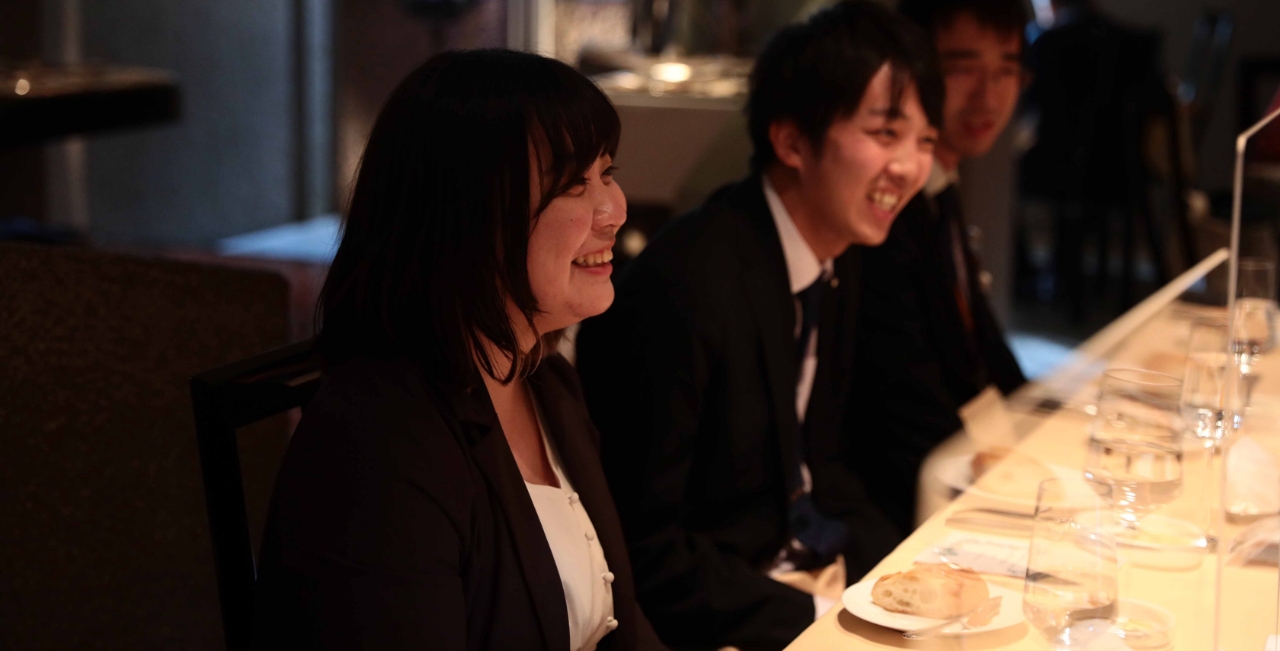
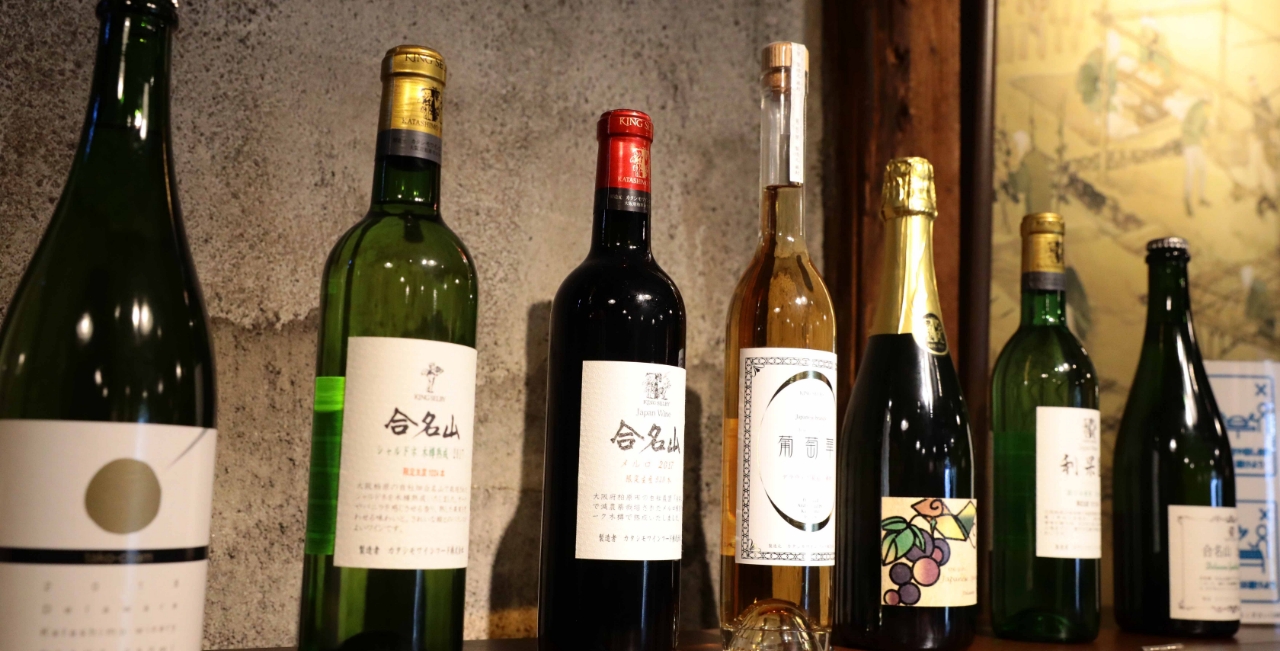
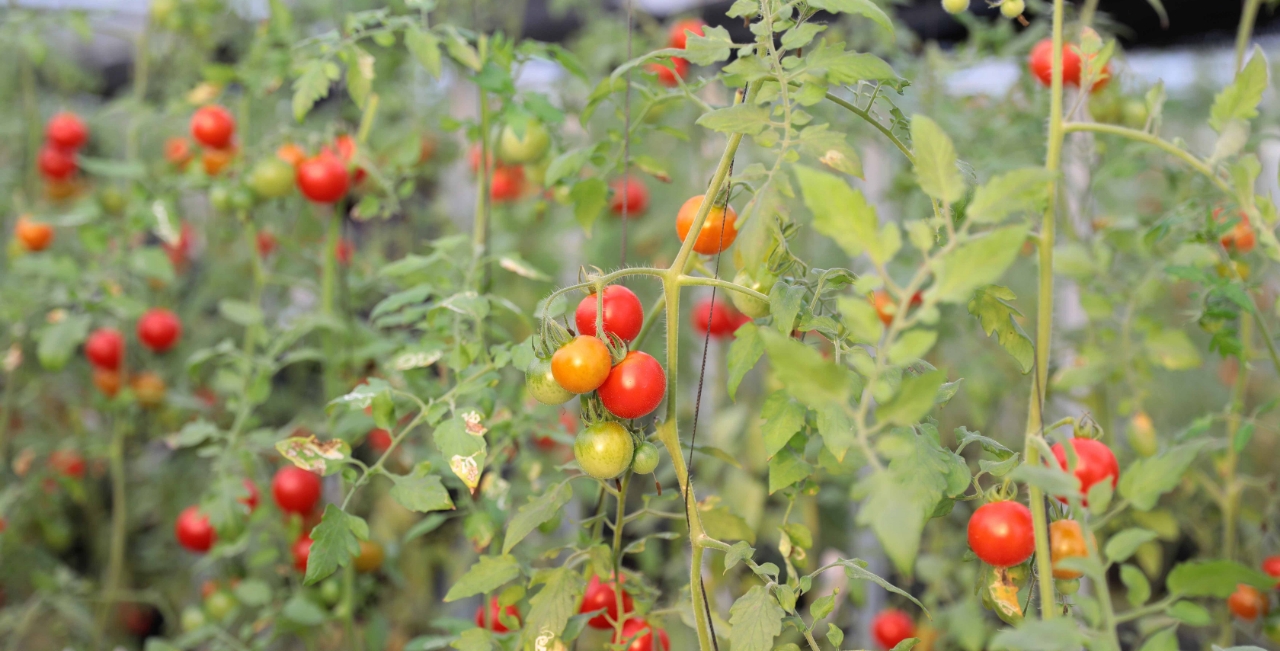
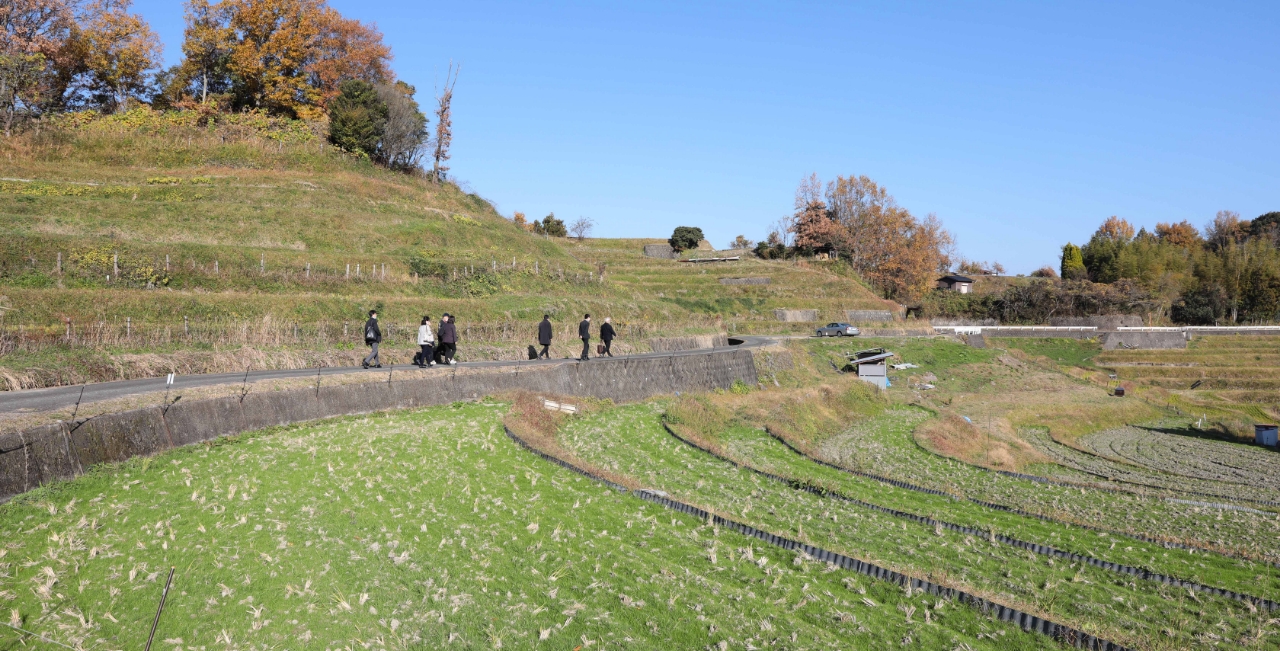
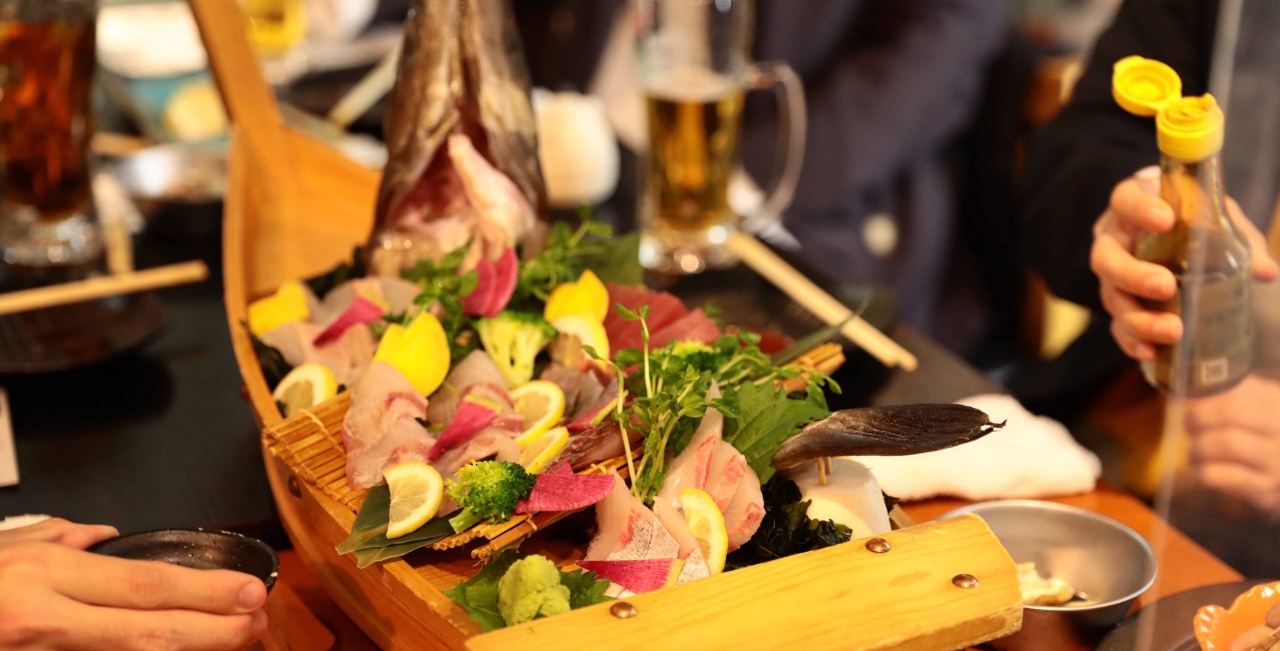
Expedition through Gastronomic Wonders of Osaka Food Culture!
During the Edo period, Osaka was an economic centre and a strategic point for land and sea transportation. It became an economic centre as specialities and fresh ingredients gathered here from all over the country, and the rise of commercial activities had a great impact on food culture. Osaka was and still is known as the “nation’s kitchen.”
Food culture in this city of merchant incorporates the rational idea of frugality that permeated every corner of life, while only high-quality restaurants that wowed the taste buds of their customers survived.
As the passion for food grew in Osaka, the “mottainai spirit” of valuing ingredients, not wasting anything, and throwing away as little as possible took root. Even in the production areas that support Osaka, a major city of consumption, the quality of food and ingredients has been improved, at the same time the awareness of not wasting anything has been rooted, and food sustainability has been put into practice in line with modern SDGs.
We would like to introduce “Gastronomy Tourism,” a journey where you can enjoy unique food culture experiences such as interacting with production areas and producers who are working on food sustainability.


Educational Travel Courses
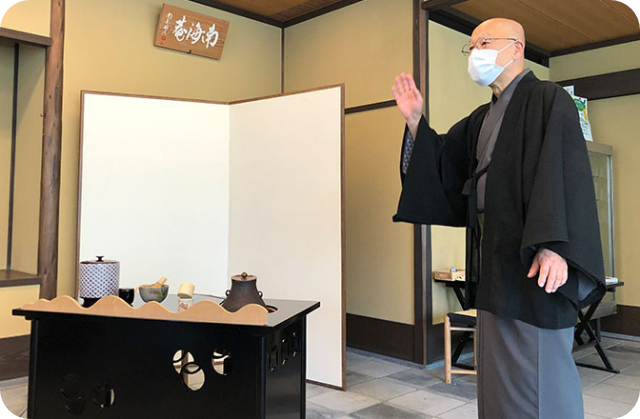
Based on the needs of the era, such as learning about a certain career, or exploring the topic of sustainability, and trends in school education, we aim to further develop educational travel in Osaka by providing and creating various experience contents and programs based on the theme of sustainability in food that are being carried out in local communities and facilities.
Educational trips in Osaka include food sustainability-themed programs at agricultural and fishing facilities, programs to learn about the efforts in reducing food loss and increasing local production for local consumption, and sustainability-themed programs at food manufacturers in Osaka.
We also prepared educational travel programs for both Japanese students and students from abroad. We are aiming to provide an opportunity for students to learn about sustainability in Osaka, at the same time enjoy a mutually enriching international exchange experience.


“Ikana Mottainai” project partnering with ANA Group:
Monitor Tour Report
-
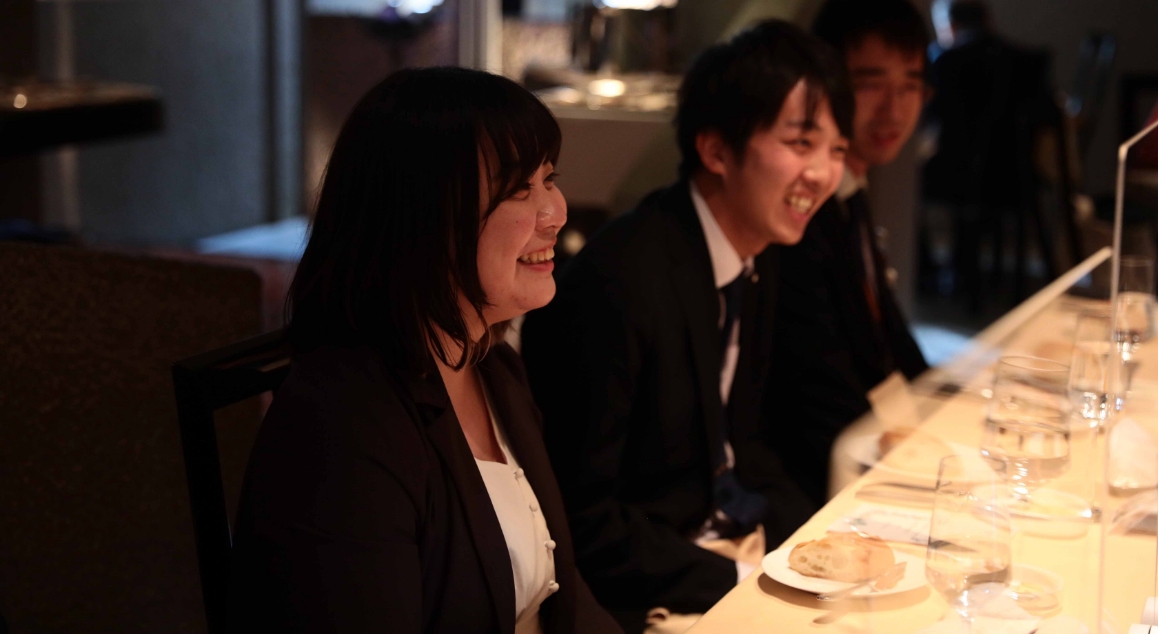
Kashiwara City/Habikino City/
Chihaya akasaka Village/
Kawachinagano City/Higashiosaka CityOsaka products and Terroir (Current) x History and Culature (Past) x SDGs-oriented Future Society
-
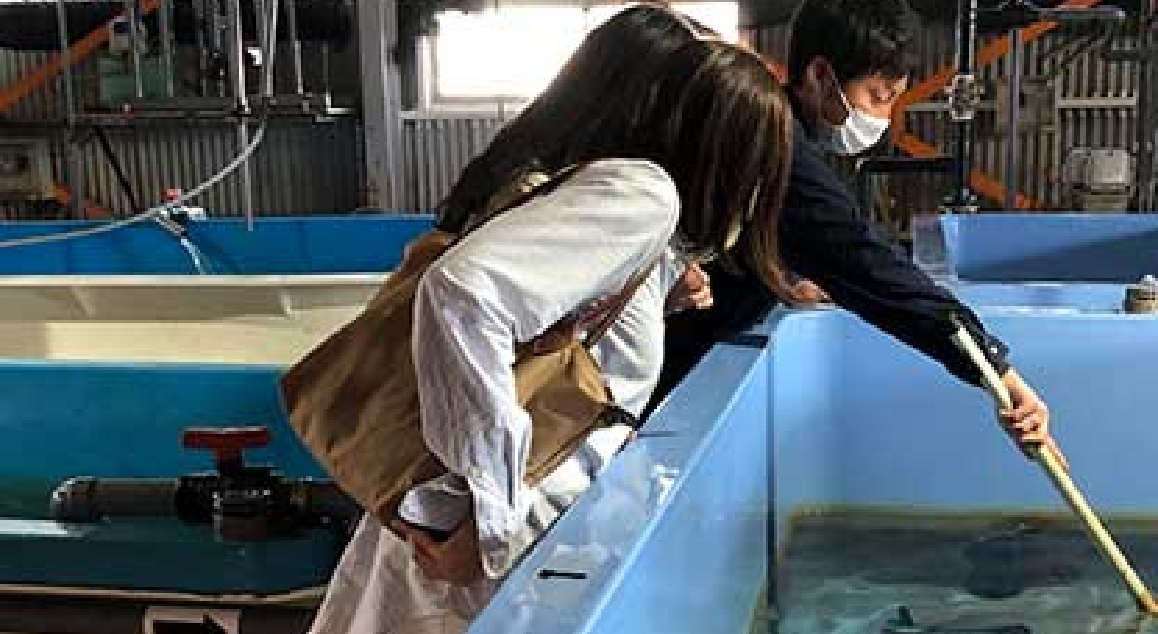
Sennan City/Izumisano City/Hanan City
Ocean, land, and industries: enjoy the tradition and gift of the Senshu region.
-
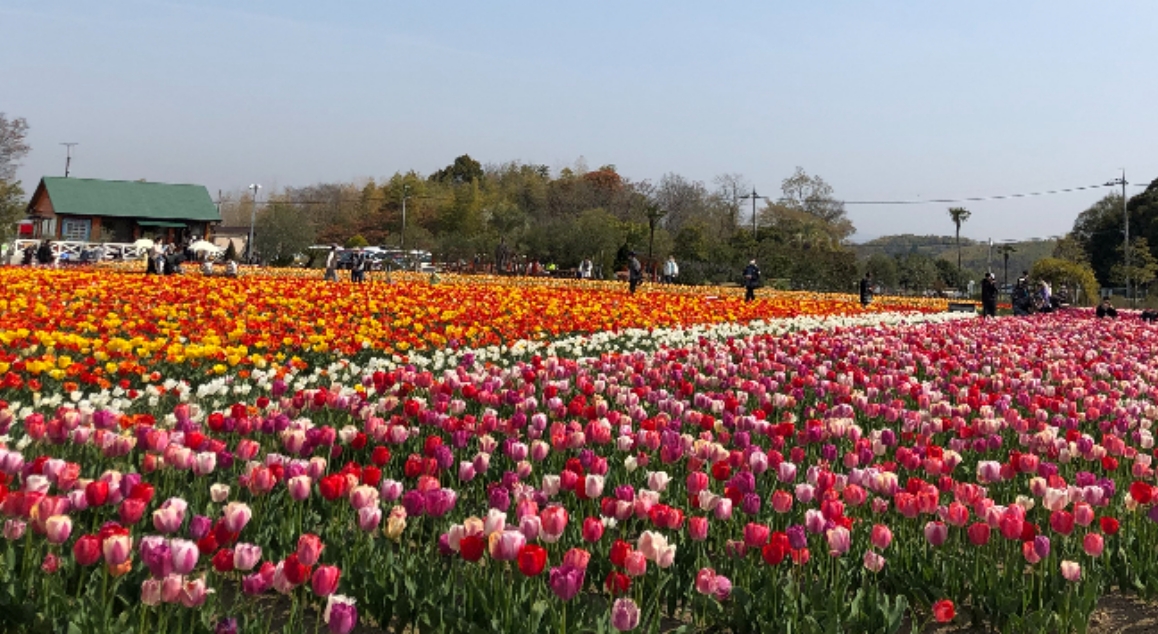
Sakai City/Izumi City/Kaizuka City/Kishiwada City
“Designing Future Society for Our Lives” course to think about our true health.
-
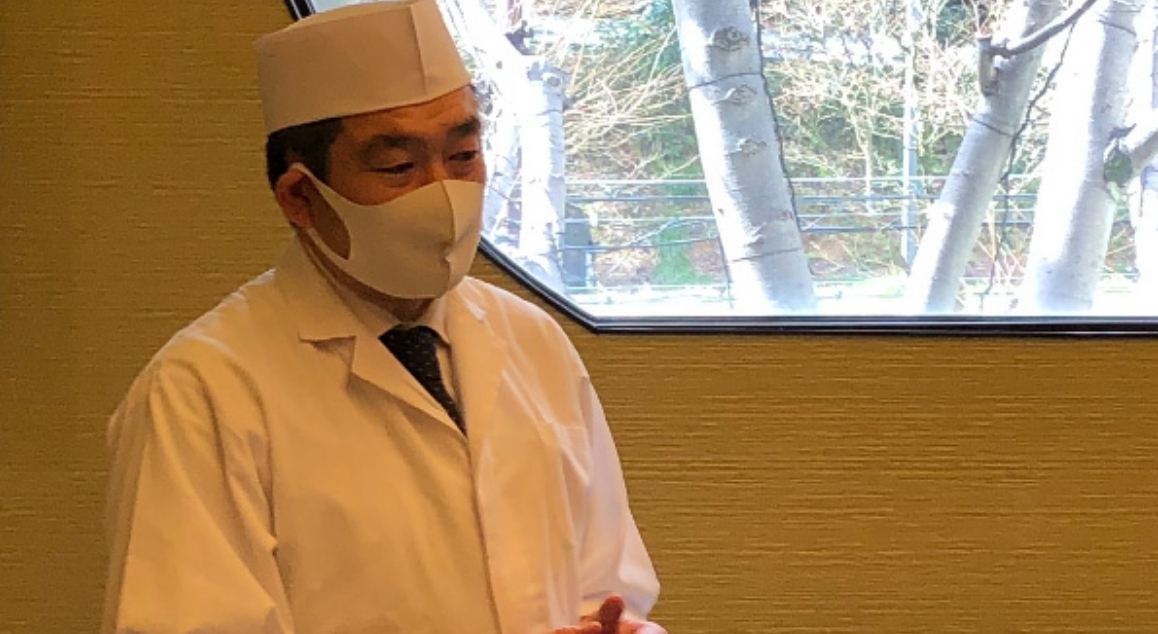
Kishiwada City/Izumisano City/Kaizuka City/Kumatori City
Senshu gastronomy course to learn about “dashi (broth) culture and “umami” in the Kansai region.

About food in Senshu Region, Southern Osaka
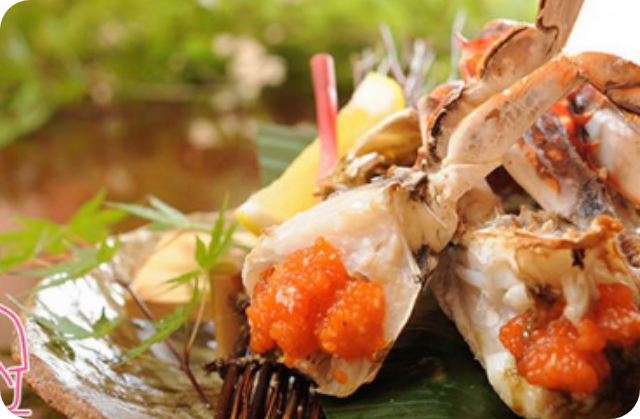
The Senshu region by the ocean is bordered by Osaka Bay to the northwest and Izumi Mountains to the south, and is an area with a warm climate and rich countryside.
Due to its geographic location and climate, a variety of speciality ingredients can be found here.
You can enjoy outstanding dishes made with locally produced seasonal ingredients, including the famous mizu eggplants, as well as peaches, conger eel, whitebait, and other ingredients from the ocean and the mountains.
Click the bottom below to read more about the charms of food in the Senshu region.






